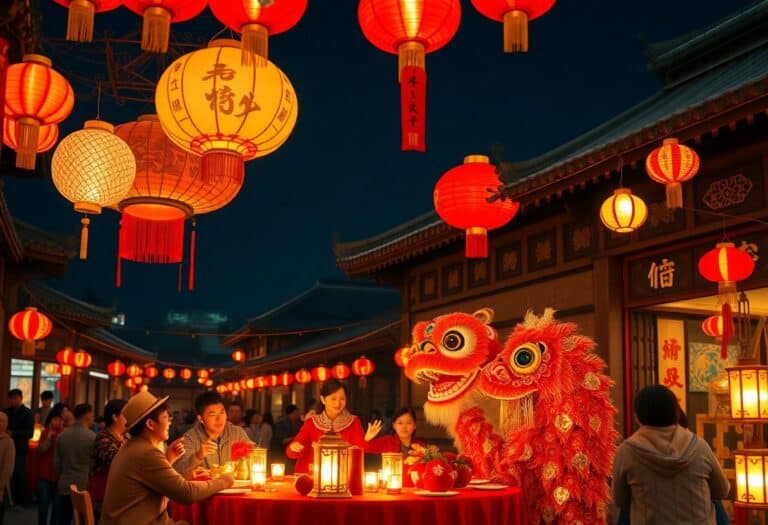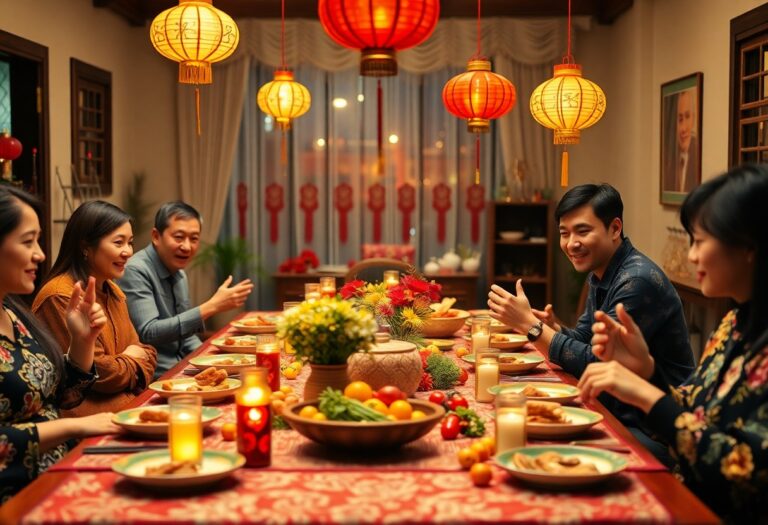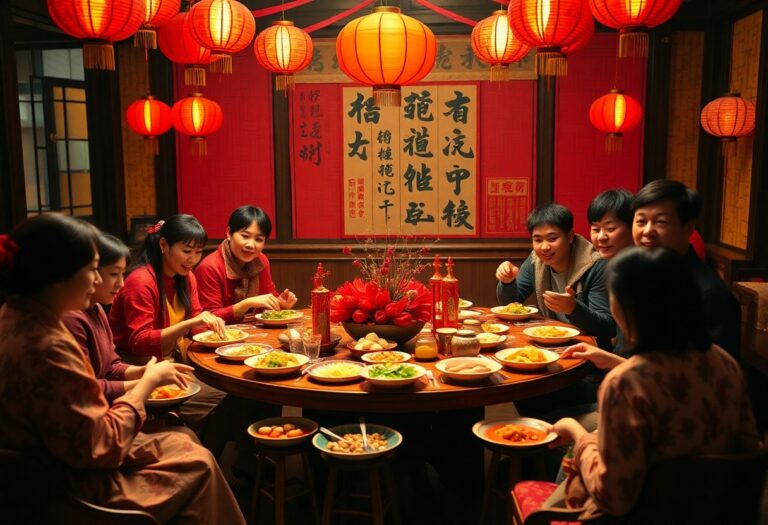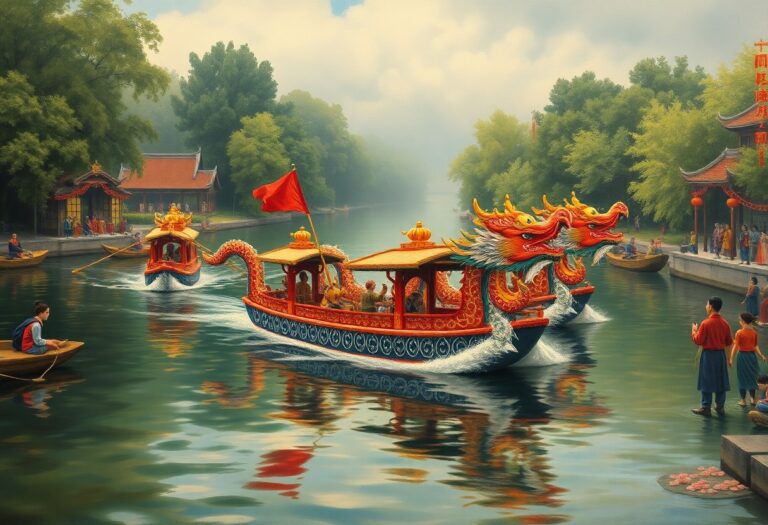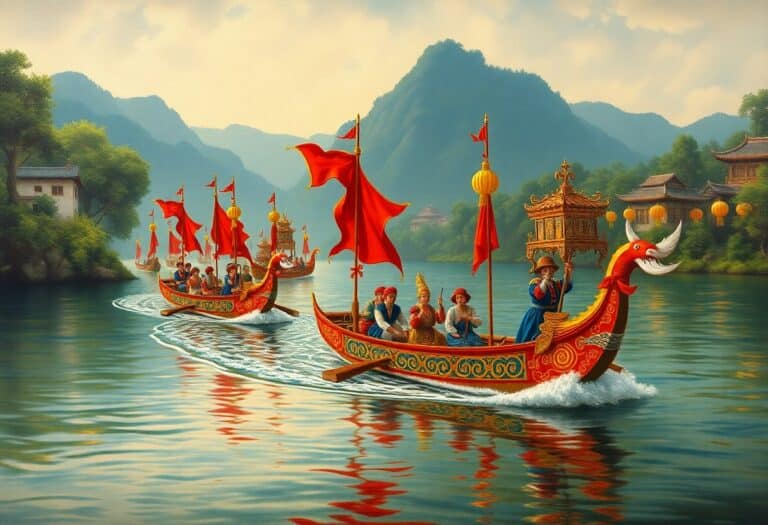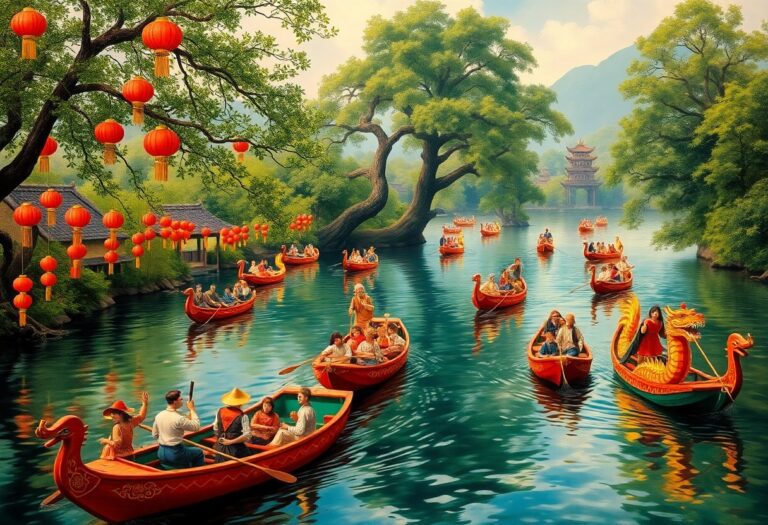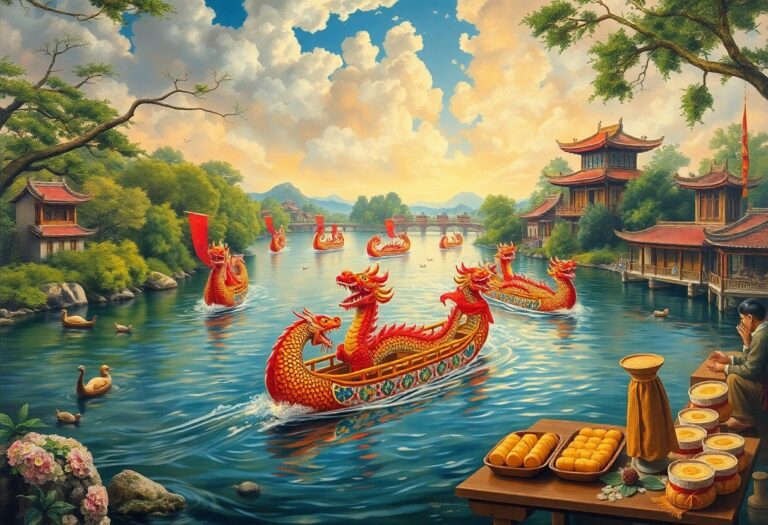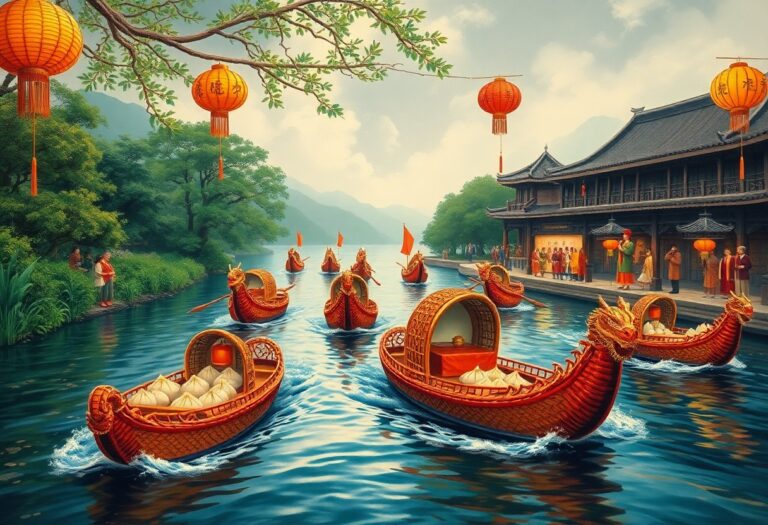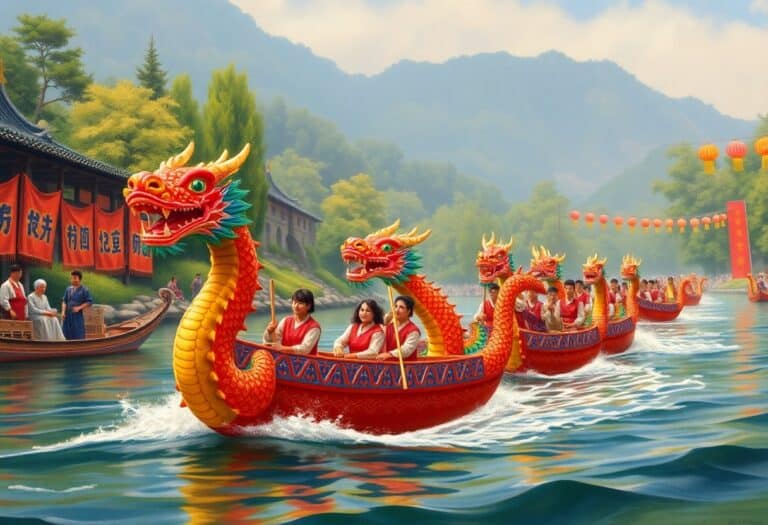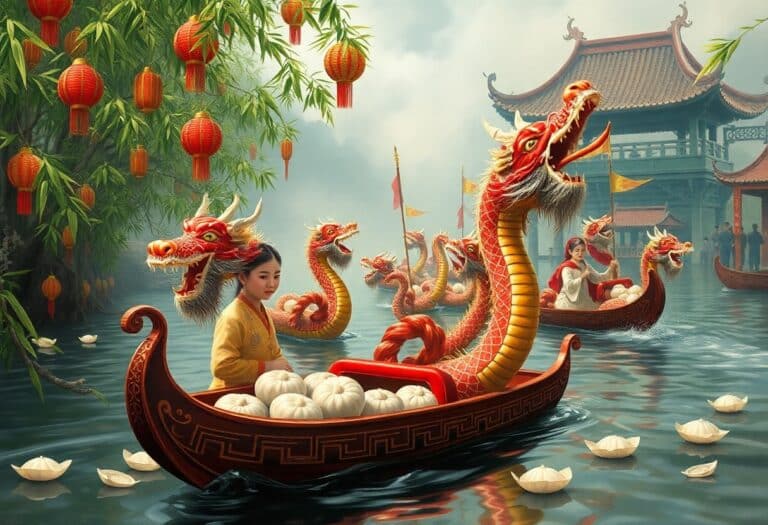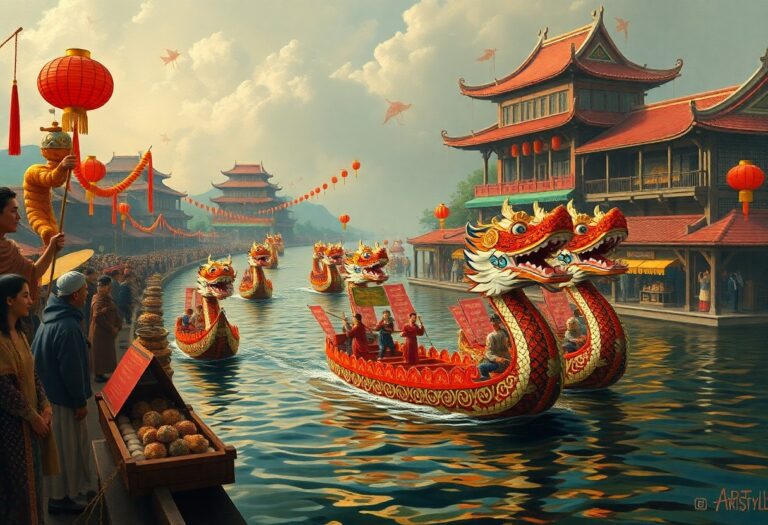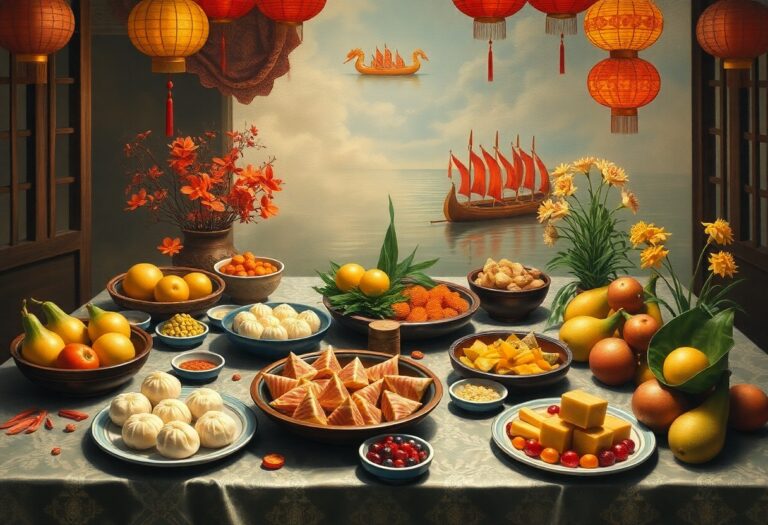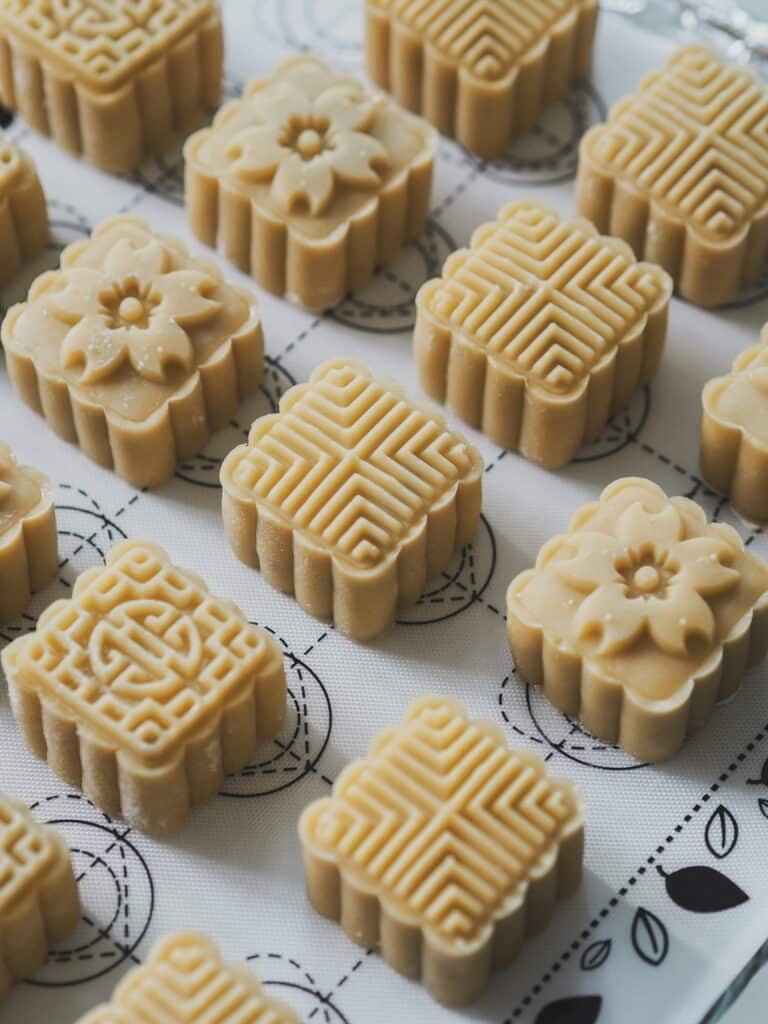Spring Festival Celebration: Join the Excitement at Our Annual Festival!
The Spring Festival, also known as the Chinese New Year, is a vibrant and much-anticipated celebration that marks the beginning of a new year on the traditional Chinese calendar. This holiday, rich in history and culture, sees families and communities come together to celebrate with various activities, including parades, feasts, and fireworks. As the festival approaches, excitement builds, and people prepare to welcome the new year with joy and optimism. Join us this year for an unforgettable experience filled with traditional practices and modern festivities.
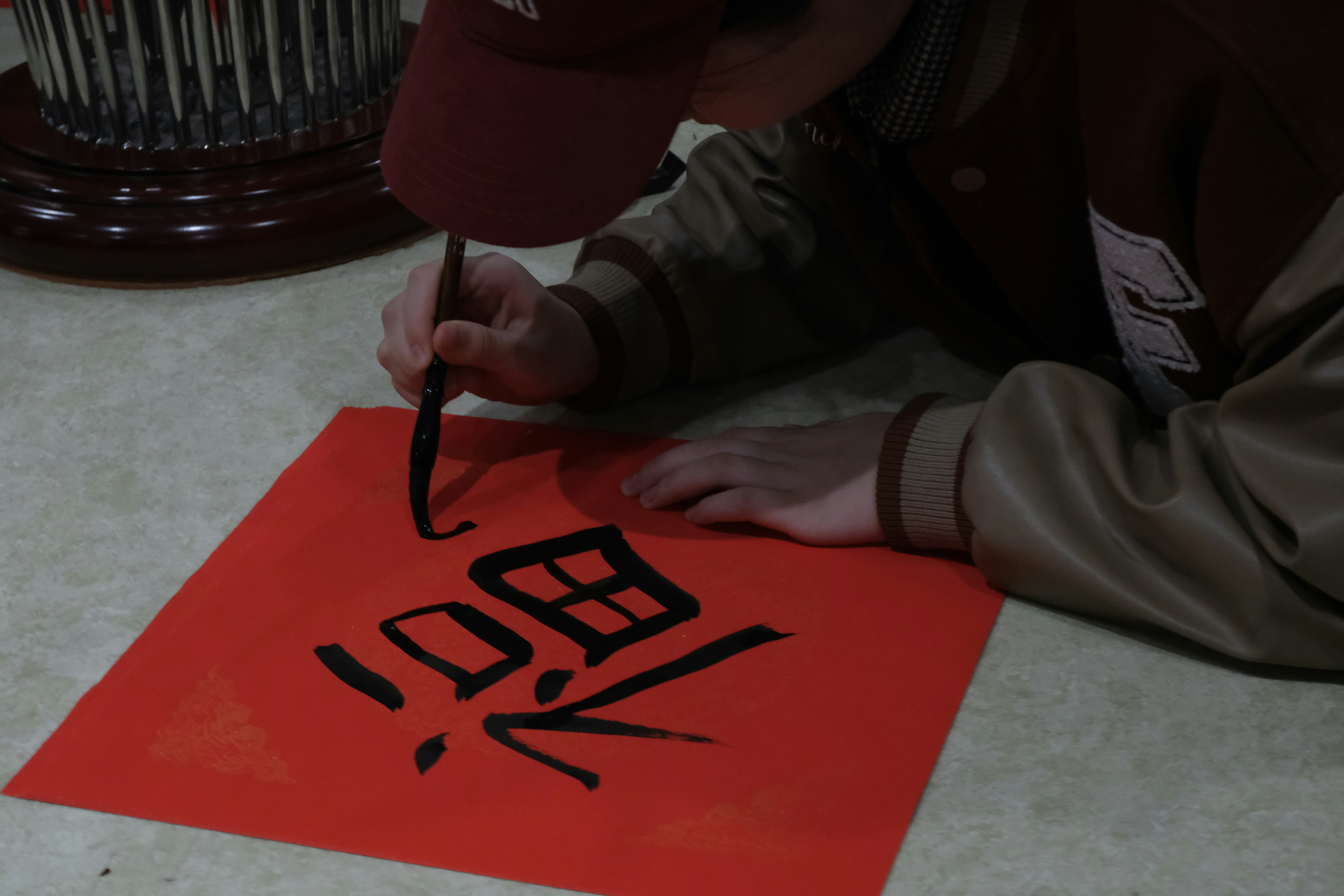
Overview of the Spring Festival
History and Significance
The Spring Festival is deeply rooted in ancient Chinese culture, with its origins tracing back to the Warring States period (475 – 221 BC). Initially, it served as a time to honor deities and ancestors, reflecting a rich tapestry of customs that have evolved over centuries. The significance of the festival lies in its role as a new year celebration, offering a fresh start and a chance to pray for prosperity and good fortune. Today, Chinese people celebrate this holiday not just in China but also worldwide, making it one of the most significant global events in the Chinese calendar.
Lunisolar Calendar and its Influence
The timing of the Spring Festival is dictated by the lunisolar calendar, which determines the new year as the first day of the first lunar month. Typically falling between January 21 and February 20, the festival coincides with the new moon closest to the start of spring, known as Lìchūn, marking the beginning of the traditional Chinese New Year. This period marks a time of renewal and growth, aligning with the agricultural practices that have been integral to Chinese society for thousands of years. As we celebrate, we not only recognize the end of winter but also embrace the hope and potential that the new year brings.
Annual Spring Festival Traditions
Traditions during the Spring Festival are vibrant and varied, reflecting the rich cultural heritage of the Chinese people. Activities often begin with thorough house cleaning to sweep away bad luck and make way for good fortune. Homes are decorated with red couplets and lanterns during the Chinese Spring Festival, symbolizing joy and prosperity. Central to the celebration is the New Year's Eve dinner, where families gather to honor their ancestors with special foods like dumplings and fish. Fireworks and firecrackers light up the night sky, warding off evil spirits, while the giving of red envelopes (hongbao) filled with money symbolizes blessings for the upcoming year. Each of these practices contributes to the festive atmosphere, making the Spring Festival a joyous occasion for all.
Travel and Attendance
Travel Tips for Festival Goers
Traveling during the Spring Festival can be a thrilling yet daunting experience, especially as millions of Chinese people embark on journeys to reunite with their families. To navigate the high volume of travelers, booking transportation and accommodations well in advance is crucial. Familiarizing yourself with local customs and etiquette will greatly enhance your experience, allowing you to immerse yourself in the rich culture. Public transport tends to be crowded during the Chinese Lunar New Year period, so planning your journeys during off-peak hours is advisable. Utilizing mobile apps for navigation and communication can simplify your travels, and learning a few basic phrases in Mandarin can help you connect with locals, making your time at the festival even more enjoyable.
Key Dates for Your Calendar
Mark your calendar for the exciting period of the Spring Festival, which begins on Chinese New Year's Eve—the night before the first day of the lunar new year. The first day of the Spring Festival, celebrated on February 10, 2024, signifies the beginning of the new year and kicks off a series of festivities that last for 15 days, culminating in the Lantern Festival on February 24, 2024. Each day during this period is rich with significance, featuring traditional activities that vary by region, making it essential for festival goers to keep these dates in mind to fully engage in the celebration of the Chinese New Year.
Accommodations and Transportation
As the Spring Festival approaches, securing accommodations becomes imperative, as hotels and guesthouses experience heightened demand. It is recommended to book your stay early to ensure a comfortable experience. Many hotels may also offer special festival packages that enhance your stay during this festive season. Transportation options abound, with trains being the most popular choice among travelers in China. However, be prepared for long lines and potential delays, as this is one of the busiest travel seasons. Exploring alternative routes or modes of transport can help alleviate congestion, ensuring that your journey during the festival remains smooth and enjoyable.
Festival Highlights
Exciting Rides and Attractions
The Spring Festival is not just a time for traditional celebrations; it also brings a plethora of exciting rides and attractions that captivate attendees of all ages. Many cities transform into vibrant hubs of activity, hosting colorful parades and festivals that feature thrilling amusement park rides and unique attractions. Families can relish in the joyous atmosphere as they enjoy traditional performances like lion and dragon dances, believed to bring good luck and prosperity. These events create an engaging environment for visitors, with activities tailored to enhance the festive spirit during this remarkable holiday, making it an unforgettable experience for everyone involved.
Vendors and Food Experiences
Food plays a pivotal role in the Spring Festival, and the culinary offerings are nothing short of a feast for the senses. Street vendors and local restaurants come alive with a diverse array of traditional dishes during the Chinese Spring Festival, each carefully prepared to symbolize prosperity and good fortune. Dumplings, fish, and rice cakes are among the most popular foods enjoyed during this festive period. Exploring the various food stalls allows participants to immerse themselves in the rich flavors of Chinese cuisine, highlighting local specialties that showcase the unique culinary heritage of different regions. This celebration of food creates an inviting atmosphere, where the aroma of delicious dishes fills the air and enhances the overall festive experience.
Inspiring Performances and Presentations
The Spring Festival is a remarkable time for cultural expression, featuring inspiring performances and presentations that celebrate the rich heritage of the Chinese people. Throughout the festival, attendees can witness traditional music, dance, and theatrical presentations that illuminate the significance of the celebration. Many cities organize events showcasing local artists, who present traditional art forms such as calligraphy and folk dances, allowing participants to appreciate the depth of Chinese culture. These performances not only entertain but also serve as an educational experience, enriching the understanding of the Spring Festival's history and the values it upholds, making it a culturally enriching celebration for all.
Participate in the Festival
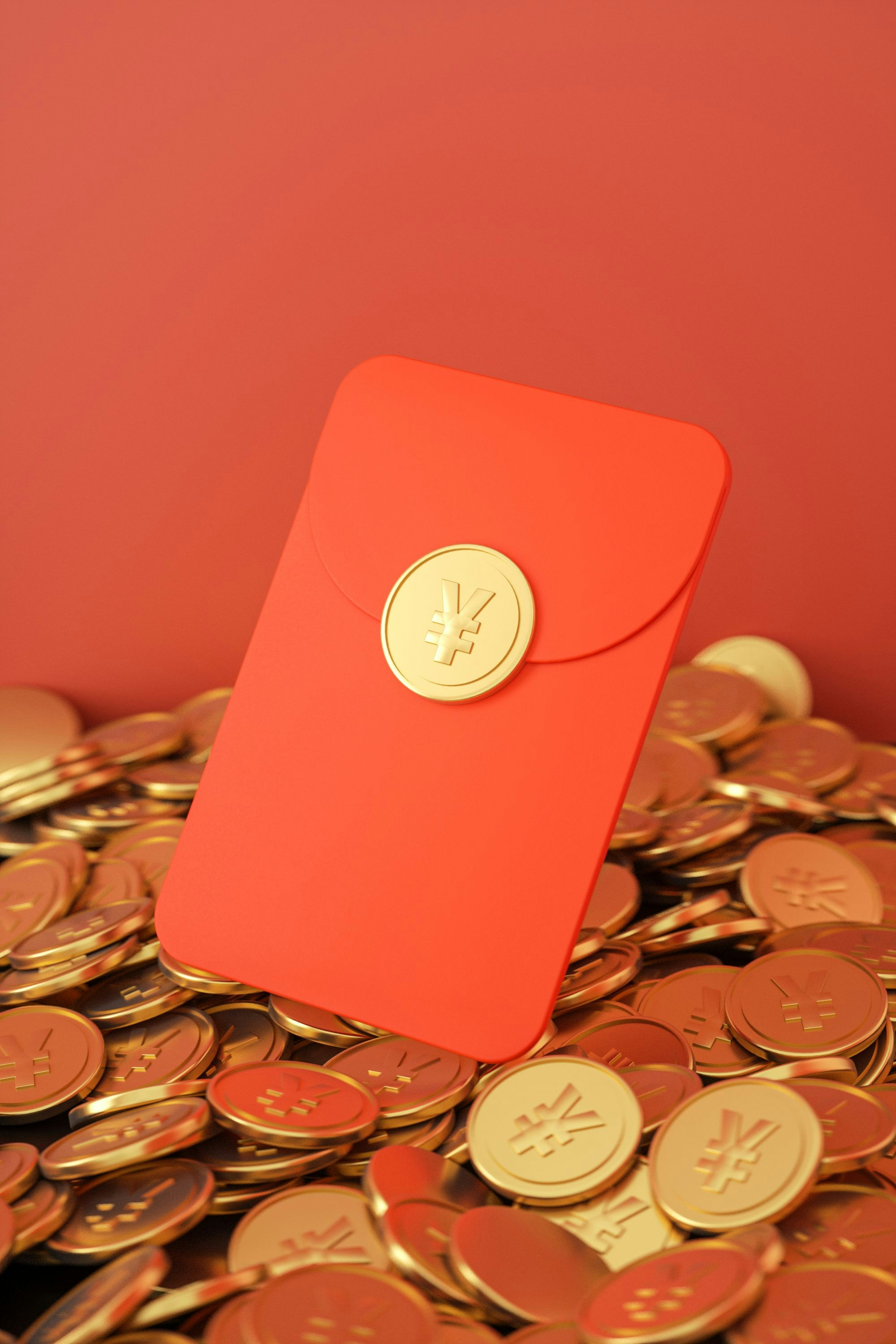
How to Become a Vendor
If you're interested in becoming a vendor at the Spring Festival, it's essential to thoroughly research local regulations and requirements for setting up a stall. Many festivals in China offer opportunities for food and craft vendors to participate, providing a perfect platform to showcase your offerings during the celebration of the New Year. To stand out, prepare a unique product or dish that reflects the spirit of the holiday. Additionally, ensure you have the necessary permits and licenses to operate during the festivities. Engaging with the local community and promoting your offerings through social media can significantly enhance visibility and attract customers, making your participation in the festival a rewarding experience.
Opportunities for Sponsors
For businesses looking to enhance their visibility and community engagement, the Spring Festival presents numerous sponsorship opportunities. Companies can choose to sponsor various festival activities, from funding performances to providing decorations that enhance the festive atmosphere. Collaborating with local organizations can not only improve brand reputation but also foster goodwill within the community. To maximize your sponsorship presence, consider creating special promotions or products that align with the festival theme. This tailored approach can attract customers while reinforcing your business's commitment to celebrating cultural traditions during this vibrant holiday.
Volunteer and Community Involvement
Volunteering during the Spring Festival is a fantastic way to give back to the community while immersing yourself in the celebrations. Many organizations seek enthusiastic volunteers to assist with event planning, setup, and execution, providing a meaningful way to contribute to the festival's success. This is an excellent opportunity to meet new people, learn about cultural traditions, and experience the joy of community service during this festive time. By engaging in such activities, volunteers can foster a sense of belonging and connection, contributing to the overall spirit of the Spring Festival.
Don't Miss Out!
Schedule of Events
Each year, the Spring Festival features a packed schedule of events that draws crowds and creates a lively atmosphere. This includes parades, fireworks displays, and cultural performances that celebrate the rich traditions of the Chinese people. It’s essential to check the local festival calendar for specific dates and times for each event to ensure you don’t miss out on the excitement. Many cities also offer special activities designed for children and families, ensuring that there's something for everyone. Arriving early is crucial to securing a good viewing spot for popular events, allowing you to fully immerse yourself in the celebration of the Chinese New Year.
Special Gold Events to Attend
Special gold events during the Spring Festival often include exclusive performances, VIP experiences, and themed parties that enrich the festival experience. These events typically require advance booking and offer unique opportunities such as dinners featuring traditional entertainment or guided tours of cultural sites. Participating in these special events not only provides deeper insights into the traditions of the Spring Festival but also enhances your overall experience, making it a memorable part of your holiday celebrations. Engaging with these unique offerings can elevate your understanding of the cultural significance behind the festivities.
Contact Information for Questions
If you have any questions regarding the Spring Festival, whether about travel arrangements, event details, or participation opportunities, reaching out to the festival's organizing committee is highly encouraged. Contact information is typically available on official websites or through local tourism offices. Engaging with the organizers can provide valuable insights, ensuring you make the most of your festival experience. By clarifying any uncertainties ahead of time, you can fully enjoy the celebration of the Chinese New Year, embracing the spirit of this joyous occasion.
Q: What is the significance of the Spring Festival holiday in the Republic of China?
A: The Spring Festival holiday, commonly known as Chinese New Year, is celebrated as a major festival in the Republic of China, marking the beginning of a new lunar year and honoring family, tradition, and the gods.
Q: What practices are associated with the Spring Festival celebration?
A: Typical practices during the Spring Festival include family reunions, feasting, giving red envelopes, setting off fireworks, and participating in various traditional activities that inspire joy and respect for ancestors.
Q: Where does the Spring Festival celebration primarily take place?
A: The Spring Festival celebration primarily takes place in public squares across China, as well as in homes and communities, where people gather to celebrate and enjoy festive activities.
Q: How does the Spring Festival serve as an inspiration for cultural celebrations?
A: The Spring Festival serves as an inspiration for cultural celebrations by showcasing the rich traditions of the Han majority and various ethnic minorities, highlighting their unique customs and practices during this holiday.
Q: Can you explain the historical context of the Spring Festival since 1914?
A: Historically, since 1914, the Spring Festival has evolved with the government of the Republic of China adopting and adapting various customs and practices, reflecting both traditional and modern influences in the celebration.
Q: What is the significance of the year of the snake in the Chinese zodiac during the Spring Festival?
A: The year of the snake is considered significant in the Chinese zodiac, with people born in this year being associated with qualities like wisdom and charm, which are often celebrated during the Spring Festival festivities.
Q: How does the Spring Festival relate to the winter solstice celebration?
A: The Spring Festival is closely related to the winter solstice celebration as both are based on solar terms, marking important seasonal changes and agricultural practices within East Asian cultures.
Q: What role does community involvement play in the Spring Festival festivities?
A: Community involvement is crucial during the Spring Festival, as it fosters a sense of unity and collective celebration among residents, encouraging participation in events and activities held in public squares.
Q: Are there any specific elements of the Spring Festival that are unique to certain regions in China?
A: Yes, specific elements of the Spring Festival can vary by region, reflecting local customs and traditions that may include unique foods, performances, and rituals that are fitting for that area's cultural heritage.
